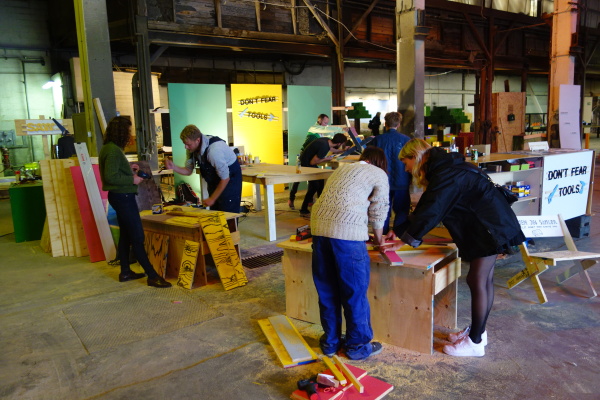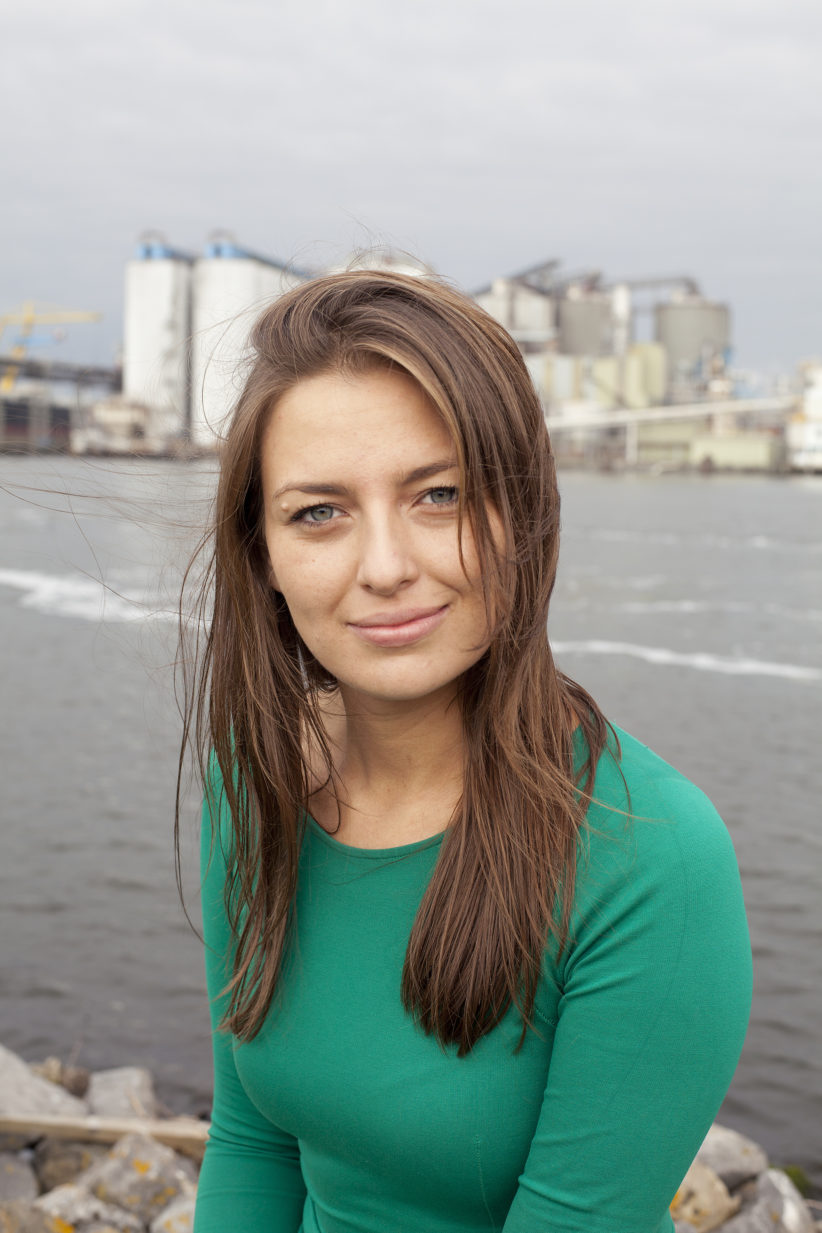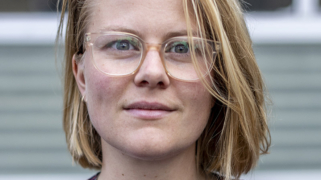How can civic crowdfunding be successful in Denmark?
The Dutch civic crowdfunding and crowdsourcing platform Voor je Buurt is one of the first of its kind worldwide. Can we translate this model and the lessons we learned to Denmark? I tried to answer this question during a talk at the MADE festival 2014 in Roskilde in Denmark to a group of urban planners. The talks at this festival were surrounded by creative makers with 3D printers, robots were driving around and one of the first pop-up Repair Cafes in Denmark. In this blog post I will answer the question ‘How can civic crowdfunding be successful in Denmark?’

Building communities with crowdfunding
Civic crowdfunding refers to the process of citizens raising funds to improve public space or starting community projects. Crowdfunding is not just an online fundraising tool but also a way to build a community around a project. Contributing to a project results in shared ownership and supporters of a project often stay involved. In most civic projects building a community is as important as raising funds. A successfully funded community centre, for example, needs volunteers and people who participate in activities in order to be successful. Often, crowdfunding projects are more creative and innovative than government funded projects as a result of the networking way in which they are realised.
Civic crowdfunding increases the impact and success rate of community projects and, therefore, this can be an interesting tool for Denmark. When introducing civic crowdfunding in Denmark two challenges will probably be faced:
1. Is the crowd willing to fund?
Denmark is a highly developed social welfare state. The tax rate is relatively high, and the government is responsible and pays for almost all public services. As a result, people expect the government to fund projects such as music programmes at schools, an urban gardening project or an art project in the public space. Are people willing to fund a project that should be funded by the government in their point of view? In more economically liberal countries like the United Kingdom and the United States public projects are commonly privately funded. And in the Netherlands a lot has been changing in the last couple of years. Local governments are cutting budgets and explicitly ask from their citizens to initiate and fund private initiatives.
2. Does the government leave space for civic initiatives?
If the government is used to taking responsibility for and control public services and projects in the public space, is there still room for civic initiatives? If a group of citizens has an idea for a community art project they will be more willing to start a crowdfunding campaign if they expect to get permission from the government. In the Netherlands we often see tension between a civic project and urban planning. And if the government already takes care of improving the public space, is there enough urgency to start a civic initiative?
Active role local government
So Danish citizens are used to a government who pays for public services and projects in the public space, and the government is used to taking responsibility for these fields. As a result, the local government should play an active role in order to successfully introduce civic crowdfunding in Denmark. The local government could, for example, double crowdfunding money which is raised for civic initiatives. That way, an incentive to start a crowdfunding campaign and fund it is created. Additionally, a project still receives public funding. Another way is to link procedures to get a permit for a project with a crowdfunding campaign. Local governments can hand out a permit under the condition that citizens prove their local support with a crowdfunding campaign. An active role does not necessarily imply that the government has to initiate and manage a crowdfunding platform. Voor je Buurt is an independent platform that cooperates with local governments and this works really well.
Of course these are just two examples of how civic crowdfunding can work in Denmark. The only way to really find out is to start experimenting with it. So Denmark, just get started!






